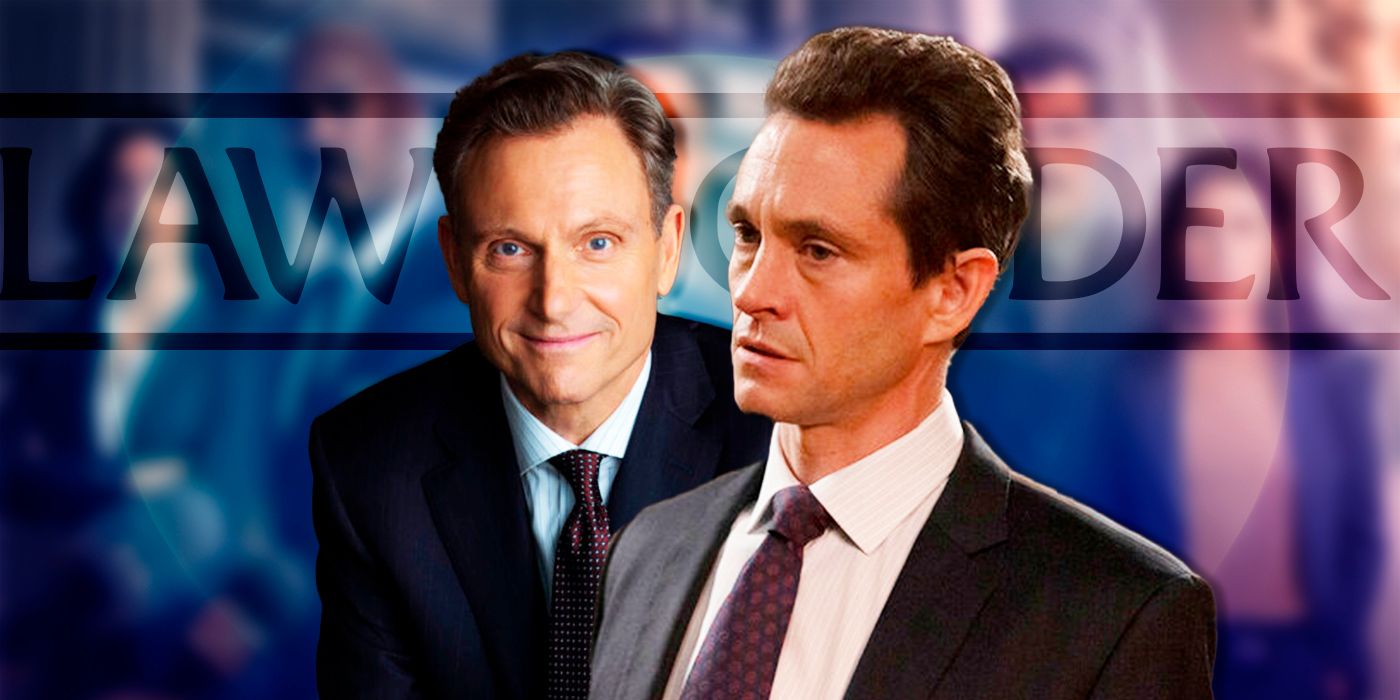Faith, Fury, and Fatal Consequences: 'Law & Order' Explores the Dark Intersection of Belief and Crime

Law & Order returns to familiar territory in Season 24, Episode 13, "In God We Trust," exploring the complex intersection of religious beliefs and criminal justice. The episode delves into the perennial tension between personal faith and legal accountability, presenting viewers with a nuanced narrative that challenges preconceived notions.
As the series continues to tackle provocative social themes, this installment promises to unpack the delicate balance between religious freedom and legal boundaries. Fans can expect the show's trademark blend of moral complexity and procedural drama, with the detectives and prosecutors navigating a case that tests the limits of religious exemption and criminal responsibility.
While the episode treads familiar ground, it offers a fresh perspective on the age-old conflict between personal conviction and societal law. The writers seem poised to challenge viewers' assumptions and spark meaningful dialogue about the role of faith in the criminal justice system.
Law & Order remains committed to examining the gray areas of moral and legal ethics, proving once again why the long-running series continues to captivate audiences with its thought-provoking storytelling.

